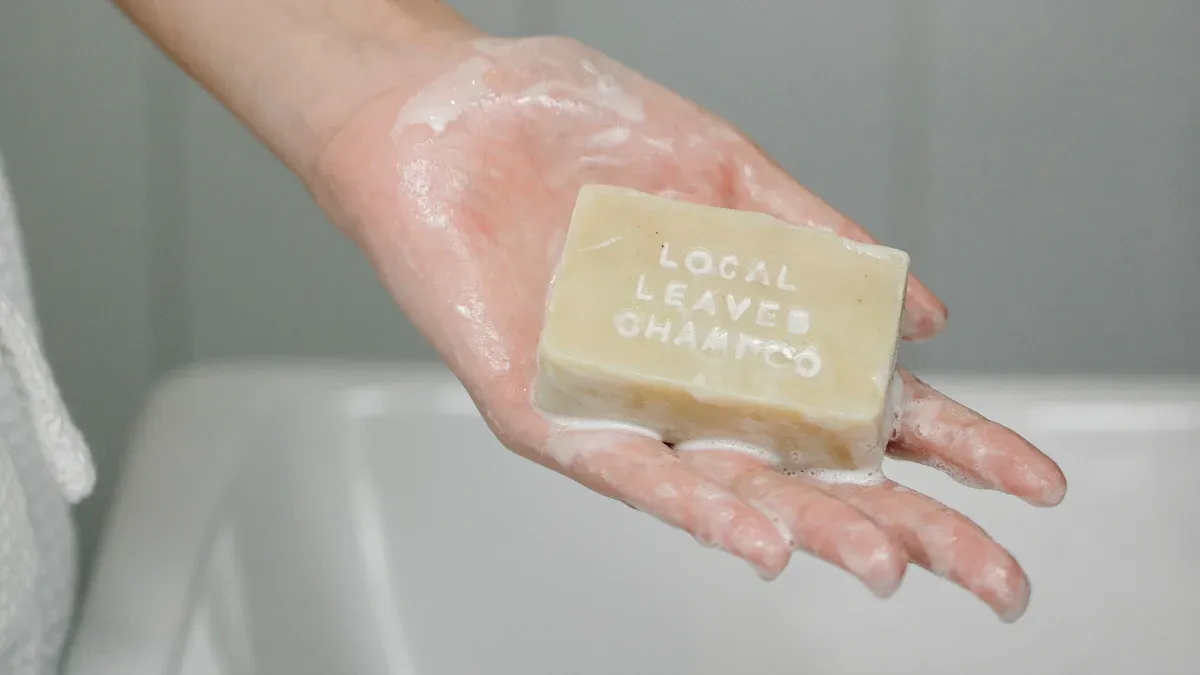
You walk into your hotel bathroom and spot a shiny new bath soap. In 2025, you can expect more options than ever, from eco-friendly bars to fancy liquid dispensers. Check out these trends shaping your stay:
Trend | What You’ll Notice |
|---|---|
Liquid dispensers | Up to 54% more popular with guests |
Premium, natural ingredients | More spa-like, luxury experiences |
Eco-friendly packaging | Less plastic, more biodegradable wrappers |
Key Takeaways
Hotels in 2025 offer more bath soap choices, including eco-friendly packaging and premium natural ingredients that enhance your shower experience.
You can choose between classic bar soaps and convenient liquid dispensers, each with benefits for different skin types and preferences.
Many hotels now use refillable dispensers and sustainable materials to reduce plastic waste, helping protect the environment while keeping guests happy.
Types of Bath Soap
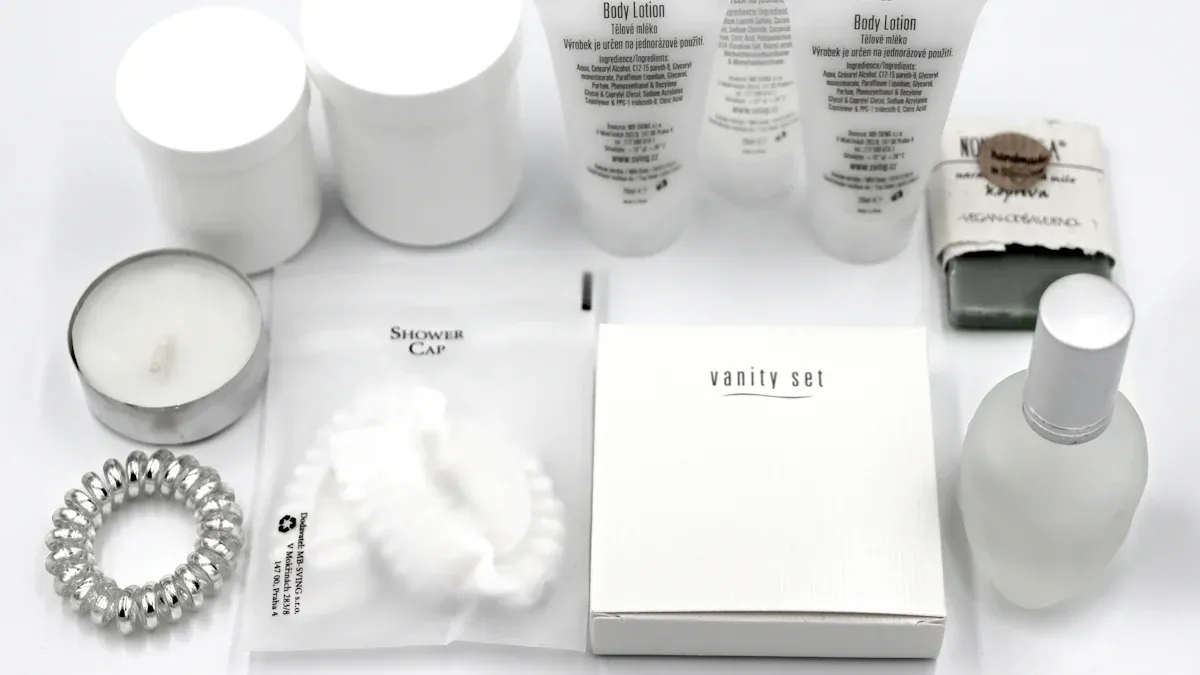
Bar vs. Liquid
You walk into your hotel bathroom and spot a choice: a classic bar or a sleek liquid dispenser. Which one should you reach for? Bar soaps have been the hotel standard for decades. They sit on the sink, wrapped in paper or plastic, waiting for you to peel them open. Liquid soaps, on the other hand, often come in pump bottles or wall-mounted dispensers.
Studies show that used bar soaps may have slightly more bacteria than fresh bars, but the good news is that washing with them does not transfer bacteria to your skin.
If you worry about sharing, hotels usually give each guest their own bar.
Bar soaps often have a higher pH, which can dry out your skin, but they also contain glycerin—a friend to dry or sensitive skin.
Fragrance-free options pop up more often in bar form, so if you have allergies, you might prefer these.
Liquid soaps feel milder and often include extra moisturizers. They can be easier on sensitive skin, but you might use more than you need because of the pump.
The FDA says antibacterial soaps do not offer extra benefits over regular ones, so you can skip the hype.
You get to decide: Do you want the nostalgia of a bar or the convenience of a pump? Either way, hotels in 2025 give you more choices than ever.
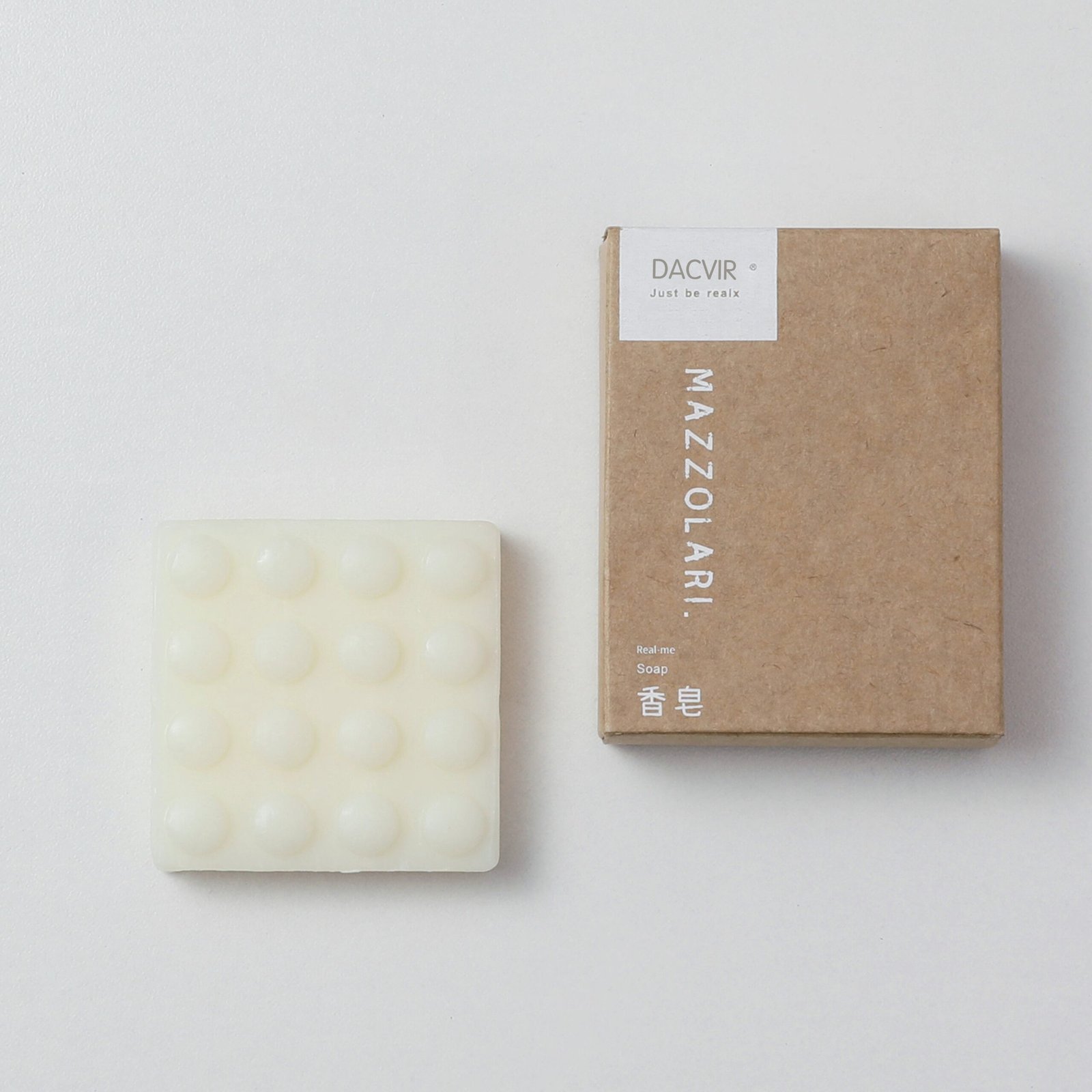
Sizes and Packaging
Hotels love to surprise you with the size and style of their bath soap. Sometimes you find a tiny bar, just enough for one shower. Other times, you see a big, fancy dispenser that looks like it belongs in a spa. The world of hotel soap has changed a lot, especially with new rules and eco-friendly trends.
Aspect | Details |
|---|---|
Market Share of Single-Use | |
Packaging Types | Single-use bottles and refillable dispensers |
Hotel Categories | – Ordinary hotels: focus on single-use toiletries due to cost and convenience |
– Luxury hotels: offer premium products, increasingly using sustainable refillable dispensers | |
Market Valuation (West U.S.) | |
Regulatory Impact | New York ban on single-use plastic toiletries by 2024; Hawaii plans to ban small toiletries |
Environmental Initiatives | Shift towards eco-friendly, recyclable materials and refillable dispenser systems |
You might notice that ordinary hotels stick with single-use bottles and bars. They do this because it saves money and makes cleaning easier. Luxury hotels, though, want to impress you. They often use refillable dispensers with premium bath soap. These dispensers can save thousands of plastic bottles every year. Some states, like New York and Hawaii, have banned single-use plastics in hotels. So, you will see more recyclable wrappers and big, stylish dispensers in your room.
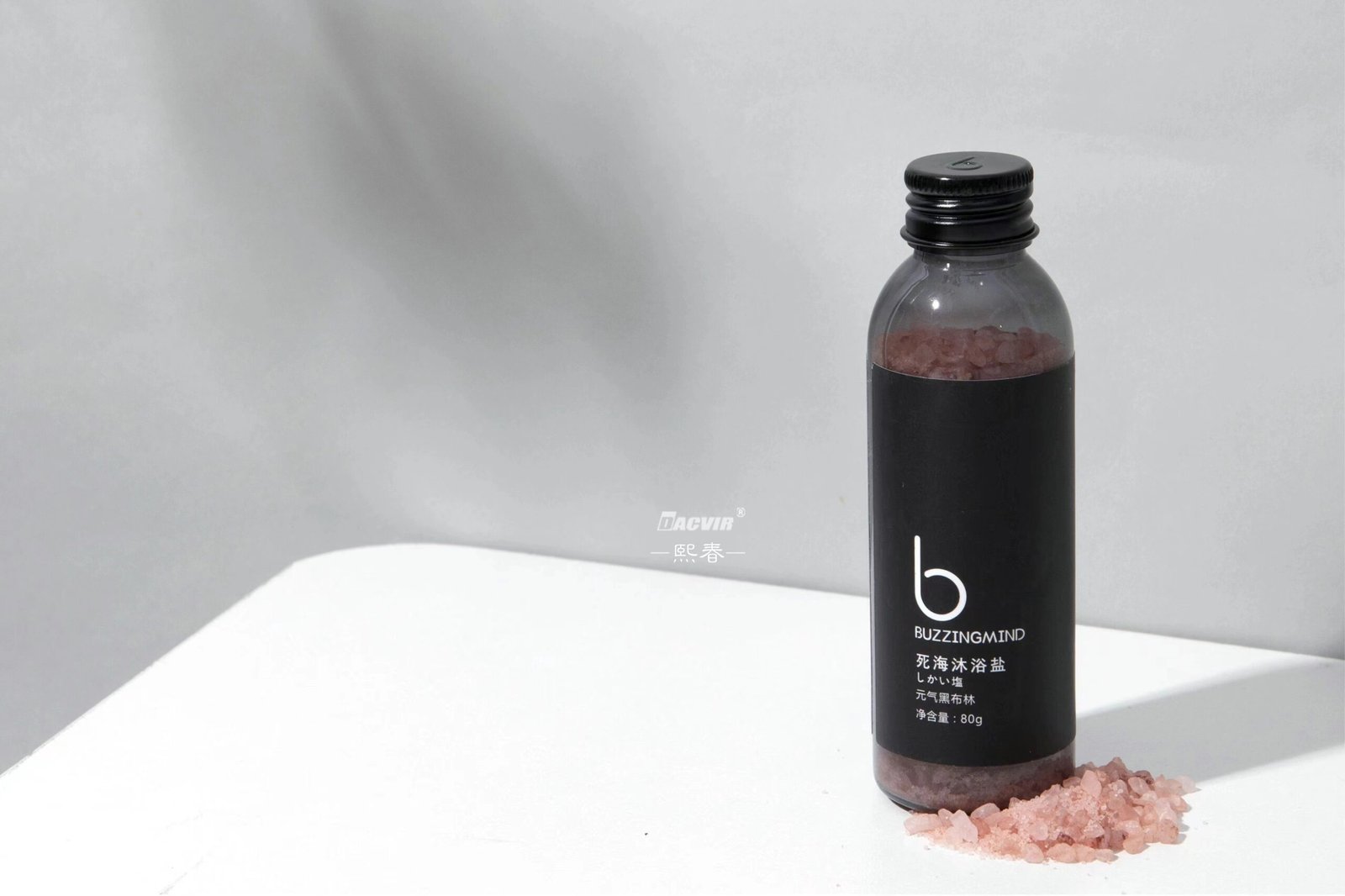
Scents and Collections
Step into your hotel shower and take a deep breath. That scent you smell? It is not just soap—it is part of the hotel’s brand. Many hotels now use signature scents in their bath soap collections. These scents do more than clean you up. They help you remember your stay and make you feel relaxed.
Industry experts say that signature scents in branded collections boost your mood and make you feel at home. Guests often link these unique aromas with happy memories, which makes them want to come back. Some hotels even use matching candles or diffusers in the lobby. You might find soft floral notes, fresh citrus, or even calming lavender in your soap. Studies in high-end restaurants show that pleasant scents can make you feel happier and more likely to return. Hotels use this trick to turn a simple shower into a memorable experience.
Tip: If you love a hotel’s bath soap scent, ask the front desk. Many hotels sell their signature collections so you can bring that spa feeling home.
Features and Ingredients
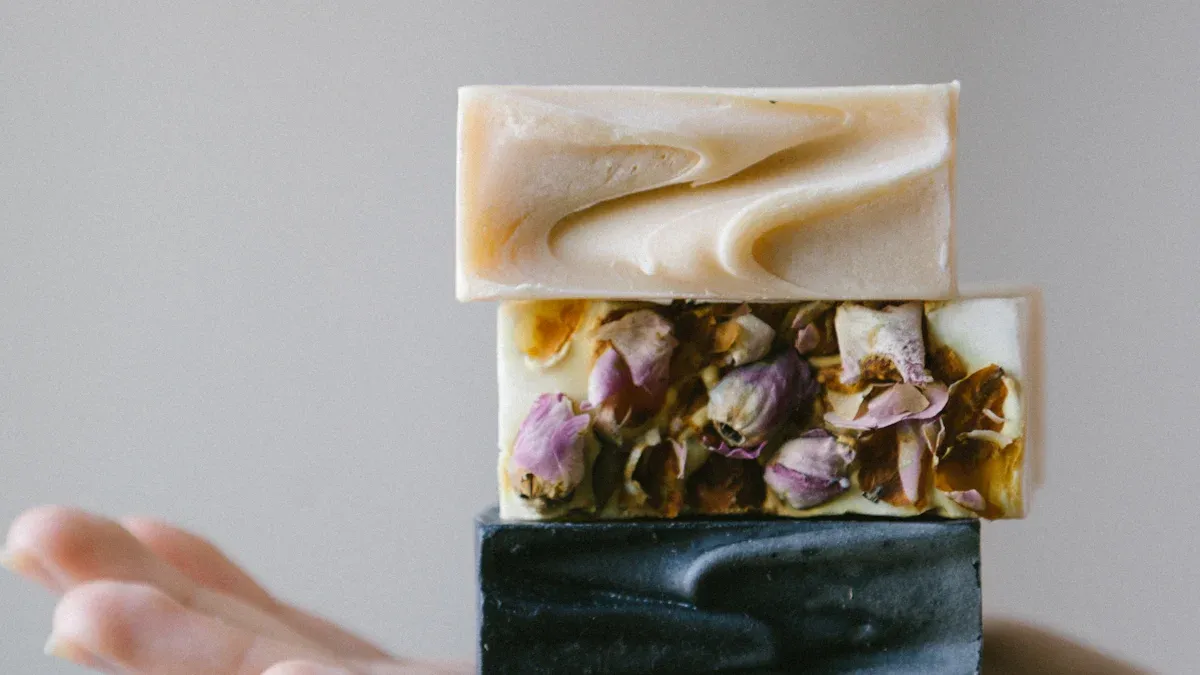
Moisturizing and Exfoliating
You want your skin to feel soft and smooth after a hotel shower, not tight or itchy. That’s why many hotels in 2025 pack their bath soap with moisturizing superstars. Shea butter and aloe vera top the list. These ingredients do more than just clean. They pamper your skin.
Shea butter gives your skin deep nourishment. It protects against dryness and restores that bouncy, healthy feel.
You get a bonus dose of vitamins A, E, and F, which act as natural antioxidants.
Aloe vera steps in to soothe and heal. It helps with sunburns, eczema, and even those annoying little skin irritations.
Aloe also strengthens your skin barrier, so you leave the shower feeling refreshed.
Some bath soaps add gentle exfoliants like oatmeal or crushed apricot seeds. These tiny scrubbers sweep away dead skin cells, leaving you glowing. If you have sensitive skin, look for fragrance-free or hypoallergenic options. Many hotels now offer these as part of their standard lineup.
Tip: If your skin feels dry after using hotel soap, ask the front desk for a moisturizing or fragrance-free alternative. Hotels want you to feel comfortable!
Common Ingredients
Ever flip over a hotel soap and squint at the label? You might spot a long list of ingredients. Here are some you’ll see most often:
Glycerin: Locks in moisture and keeps your skin from drying out.
Coconut oil: Cleans and softens at the same time.
Olive oil: Adds a silky feel and helps with hydration.
Essential oils: Bring those signature scents you love.
Plant extracts: Like chamomile or green tea, which calm and protect your skin.
Hotels in Australia and other countries must follow strict rules about what goes into bath soap. Agencies like the Therapeutic Goods Administration make sure products are safe and labels are accurate. You can trust that what you see on the label matches what’s inside the bar or bottle.
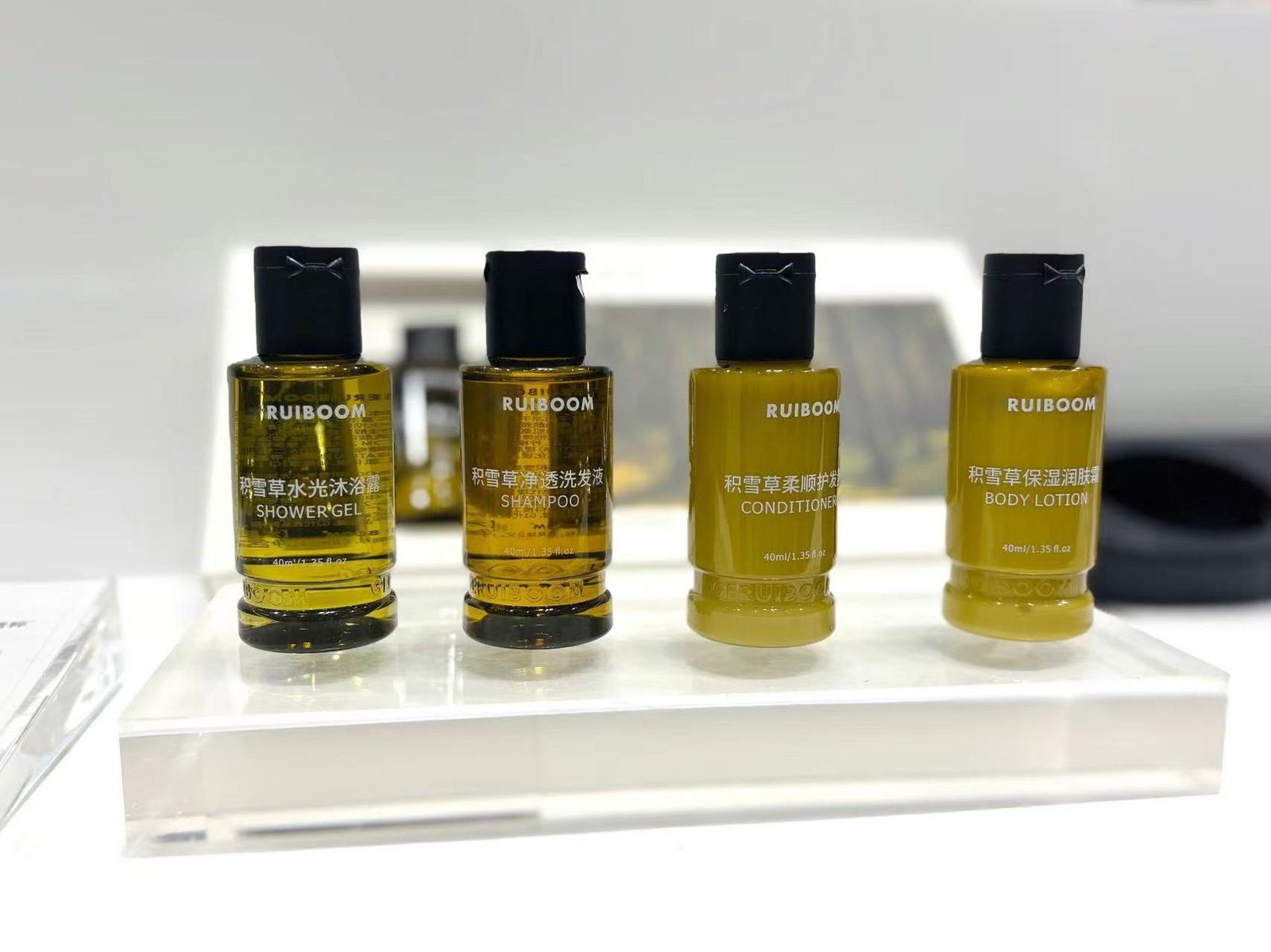
Allergens and Sensitivities
You never want a relaxing shower to turn into an itchy disaster. Some ingredients in bath soap can trigger allergies or sensitivities. Fragrances, dyes, and certain preservatives cause the most trouble. If you know you have sensitive skin, check the packaging for these common culprits:
Parabens
Sulfates (like SLS or SLES)
Artificial fragrances
Colorants
Hotels now offer more options for guests with allergies. You might find soaps labeled “fragrance-free,” “hypoallergenic,” or “dermatologist-tested.” If you’re unsure, ask the staff for a list of ingredients or request an alternative. Your comfort matters.
Note: Always test a small patch of skin if you’re trying a new soap, especially if you have a history of reactions.
Eco-Friendly Options
Hotels in 2025 take sustainability seriously. You’ll notice fewer single-use plastics and more earth-friendly packaging. Many hotels now use compostable wrappers or refillable dispensers for bath soap. This shift helps cut down on landfill waste and keeps oceans cleaner.
Hotels install bulk dispensers for soap, shampoo, and conditioner. These reduce plastic waste and make refills easy.
Compostable and biodegradable packaging replaces plastic wrappers.
Some hotels use bath soap made from natural, plant-based ingredients that break down safely after use.
Zero-waste initiatives encourage hotels to repurpose leftover soap or donate it to communities in need.
Here’s a quick look at how different regions tackle the plastic problem:
Region/Country | What’s Changing | Sustainable Solution |
|---|---|---|
California, New York, Washington (US) | Compostable and biodegradable materials | |
EU | Ban on miniature plastic toiletries by 2030 | Sustainable packaging alternatives |
Nepal | Ban on single-use plastics in hotels (2025) | Eco-friendly amenity alternatives |
Taiwan | No more disposable personal care items in hotels (2025) | Biodegradable and compostable products |
South Korea | No complimentary single-use toiletries in large hotels | Multi-use alternatives, vending machines |
Hong Kong | Ban on plastic toiletries and bottled water (2024) | Compostable and biodegradable toiletries |
Hotels that go green often see happier guests and stronger brand loyalty. You get a cleaner conscience and a cleaner planet—one shower at a time.
You want the best bath soap for your stay, so check labels and ask about options. If you have allergies or special requests, use hotel apps or chat tools to let staff know. Hotels love guests who speak up—your feedback helps them deliver a shower experience you’ll remember!
FAQ
Can you take hotel bath soap home?
You can! Most hotels expect you to grab those tiny bars or bottles. They want you to remember your stay every time you lather up at home.
What if you have allergies to hotel soap?
Tell the front desk right away.
Many hotels keep fragrance-free or hypoallergenic soap handy.
You can always bring your own favorite bar.
Do hotels reuse leftover soap?
Hotels rarely reuse soap for guests. Some donate used bars to charities that recycle and sanitize them for people in need. You help the planet by using less!
